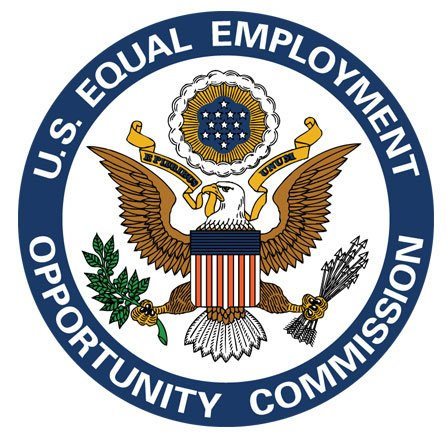Updated EEOC COVID-19 Guidance

We are halfway through 2022, and our approach to COVID-19 continues to evolve as the pandemic enters a new phase. Recently, the Equal Opportunity Employment Commission (“EEOC”) updated its guidance for employers who want to require COVID testing of employees. Prior to this updated guidance, employers could presume that the Americans with Disabilities Act (“ADA”) standard for conducting medical exams was always met for COVID-19 screening testing.
Now, according to the EEOC, employers can still require COVID-19 tests “if the employer can show it is job-related and consistent with business necessity.” The EEOC explains that a COVID-19 viral test is a medical exam under the ADA, and an employer must show that it is “job-related and consistent with business necessity.” The EEOC urged employers to consider the most recent CDC guidance, and provide a list of eight possible considerations to use in determining whether the new "business necessity" standard for COVID screening is met:
- the level of community transmission;
- the vaccination status of employees;
- the accuracy and speed of processing for different types of COVID-19 viral tests;
- the degree to which breakthrough infections are possible for employees who are "up to date" on vaccinations;
- the ease of transmissibility of the current variant(s);
- the possible severity of illness from the current variant(s);
- what types of contacts employees may have with others in the workplace or elsewhere that they are required to work (e.g., working with medically vulnerable individuals); and,
- the potential impact on operations if an employee enters the workplace with COVID-19.
As a general rule, businesses should remember that any disability-related inquiry or medical exam of an employee, including COVID-19 testing, must be job-related and based on a business necessity. An employer must have sufficient objective evidence to determine either that an employee poses a significant risk to themselves or others, or that the employee's ability to perform essential job functions is impaired.
The updated guidance also confirms that employers can require employees who have been out sick with COVID-19 to submit a doctor’s note clearing them to return to work. The guidance adds that employers have other options that do not require confirmation from a medical professional, including following CDC guidance on quarantine and isolation.
This updated guidance is a reminder to employers that they should continue to evaluate their COVID-19 practices to ensure they are complying with the latest evolutions in state and federal law as they try to maintain a safe and productive workplace.
If you have any questions regarding the updated EEOC COVID-19 Guidance, or any related issues, please do not hesitate to contact the attorneys at The Royal Law Firm, LLP.







